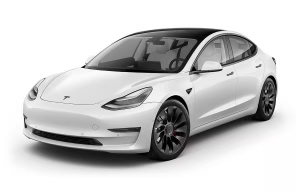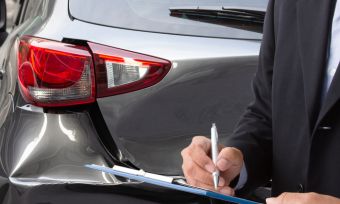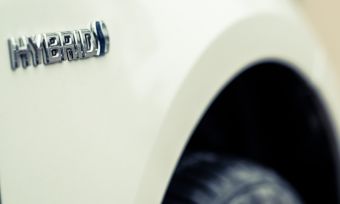On the outside, there isn’t much to differentiate between an MG ZS and an MG ZS EV. They’re both popular and affordable SUVs. However, on the inside, it’s apples and oranges.
One is running a complex petrol motor with hundreds of moving parts. The other, an electric motor with few moving components.
Electric cars are everywhere. And sales are only set to rise. But with EVs revolutionising our cars, how does this affect our car insurance?
EV car insurance: do I need a specific car insurance policy for electric cars?
When it comes to car insurance for electric cars, most insurance providers cover you under their standard car insurance policies. In short, for most insurers, there are no EV specific policies.
Car insurance for electric cars: what does it cover?
Car insurance for your electric car covers all the same things as it would for a petrol vehicle. If your car is written off, damaged or stolen, your insurer will pay to repair or replace it, assuming you have a comprehensive policy.
Do note that car insurance doesn’t cover you for breakdowns and/or mechanical/electrical failures. So if your EV battery gives out, it’s not your insurer’s job to replace it. That comes down to your car’s manufacturer and any warranty your battery has. However, if your EV battery is damaged in a fire, accident or other unexpected event, it could be covered by your insurer.
Again, this is no different from your standard car insurance policy, which provides protection from unexpected events. Not general maintenance and repairs.
Does car insurance for electric cars cost more?
A lot of factors impact car insurance. But, in general, whether your car is an EV or not shouldn’t really be one. For the most part, an EV shouldn’t cost more than a similar petrol vehicle to insure. Do keep in mind, though, that EVs are expensive, and high-value cars can cost more to insure, regardless of whether they are electric or not, especially if they have unique or non-standard parts.

For example, Teslas are by far the most popular electric cars in New Zealand. But these vehicles contain various quirks and features unique to them, as well as plenty of specialist and non-standardised parts. As a result, repairs can be costly and/or difficult, which can add a level of risk for your insurer. And while largely anecdotal, there have been reports of Tesla owners receiving wildly different prices from insurers. So, it pays to ask around.
In saying this, with the right insurer, your Tesla may not cost any more to insure than any other car of similar value. Some insurers may be a little more apprehensive, but not all. So just as you would with any car, shop around to find the best quote.
→Related article: Cheapest Electric Cars (EVs) in New Zealand
Car insurance for electric vehicles: what else should you know?
While your EV car insurance is essentially no different from your standard policy, there are a few small things to know:
Towing
It’s not recommended that EVs be lifted by their driven wheels when towed, which is a common tow-truck procedure. As doing so can cause damage to the car’s battery. Rather, EVs should be transported with all four wheels off the ground, on a flatbed truck or trailer.
When choosing an insurer, it may pay to check the insurer’s towing policies and/or roadside assistance set-up. Can they provide appropriate towing solutions for EVs?
Insure for the original purchase price
You should insure your car for the original purchase price of the vehicle before any rebate was applied. This is because your sum insured is the most your insurer will pay for a total loss claim, and the current Clean Car Discount may no longer be available by the time you need to make a claim.
Charging set-ups
If your standard charging pack and cable, which comes with an electric vehicle, are damaged as part of the incident, your car insurer should be able to replace them. However, if you have installed a home charging station, and it is damaged in the accident (for example flood or fire) this will likely be covered under your home and contents insurance policy instead.
The BMW i3
Currently, not all insurers are insuring the BMW i3. This is due to some high-profile issues with the model, and its notable use of a carbon fibre tub. Commonly this is found on supercars and is expensive to repair, meaning some insurers are reluctant to provide cover for the car.
If you are interested in a BMW i3, it may pay to first ask around with insurers to see what options you may have. Furthermore, BMW does have its own specialist repair centres, as well as its own specialist insurance (underwritten by Provident) which does provide cover for the i3.

About the author of this page
This report was written by Canstar Content Producer, Andrew Broadley. Andrew is an experienced writer with a wide range of industry experience. Starting out, he cut his teeth working as a writer for print and online magazines, and he has worked in both journalism and editorial roles. His content has covered lifestyle and culture, marketing and, more recently, finance for Canstar.
Enjoy reading this article?
You can like us on Facebook and get social, or sign up to receive more news like this straight to your inbox.
By subscribing you agree to the Canstar Privacy Policy








Share this article